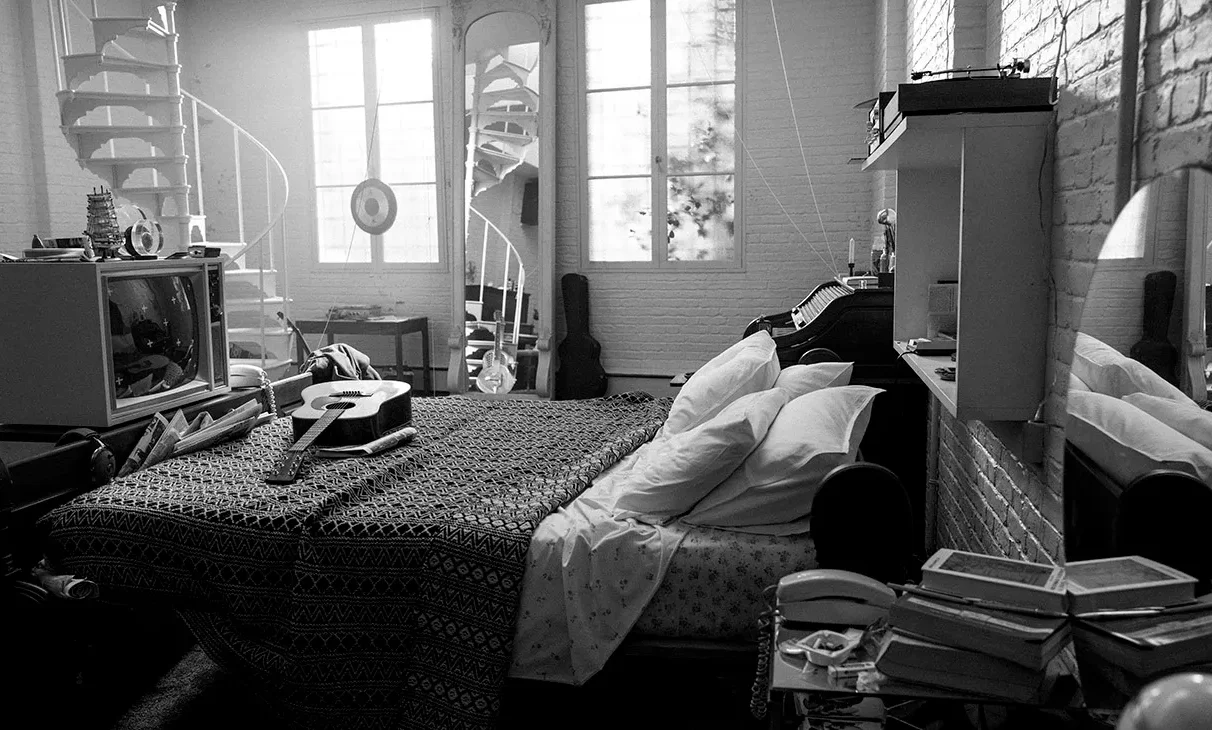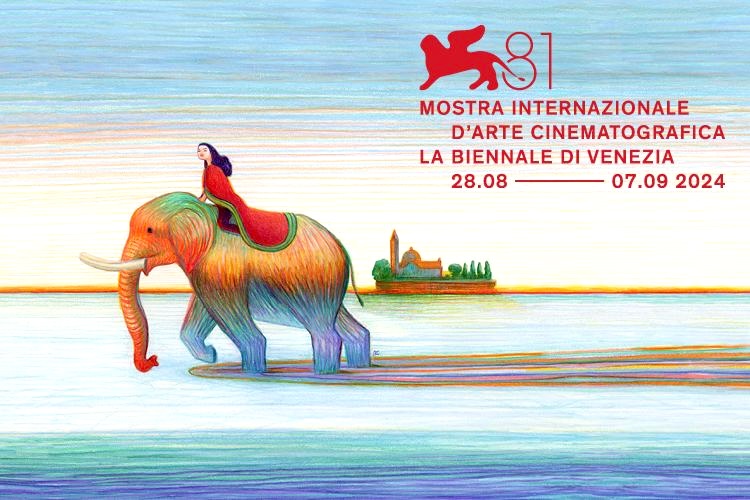One to One: John & Yoko

No gossip or auteur speculations. Instead, it’s a historical rollercoaster where the truth and only the truth matters. One to One: John & Yoko feels like this poetic documentary where something that once used to be personal (here, John Lennon’s and Yoko Ono’s privacy), thanks to the film’s magic, suddenly becomes public, available to the audience within the eye’s reach. Kevin Macdonald’s and Sam Rice-Edwards’s collaborative project is quite similar to a time machine, which sends us back to 1972, one of the very first years of Lennon’s and Ono’s residency in New York.
Indeed, it sounds like only a small, hermetic chapter, a story that seems to fit only the expectations of pure Beatles fans. But, there is something more to it. Rather than getting a classical biopic with a slightly expired take on the extraordinary life of two specific artists, the directors present us with a compelling, narrative tour de force of the US history from that particular year. All of Lennon’s political statements, protest songs and public appearances are contextualised through various investigative-like chapters that can be called “little explorers” of what really happened around that time in America.
Although we feel like voyeurs watching the couple’s private life (for instance, the directors gave us an insight into what exactly their apartment looked like back then), the film pretty quickly makes it clear that no privacy was ever violated. Even the Lennon/Ono conversations with their agents and fellow artists aren’t AI-generated, but were intentionally recorded by Lennon as an ironic response to the beginning of the 1970s, which used to be an era of bugging and wiretapping. Besides, the directors made use of thousands of old footage, including Lennon’s concert, TV advertisements, some 1970s TV programmes (with Lennon and Ono as the main guests), older documentaries and anything else that one can imagine.
It’s an art to do a documentary on one of the more transformative periods from Lennon’s and Ono’s lives without getting too sentimental or only portraying them in a positive light. Contrarily, we witness something that aims to be as close to the “objective truth” as it can only be possible. It’s like listening to Lennon’s lyrics with the addition of a well-made visualiser. For each sentence from a song, we get an image that expresses more than a thousand words. “Isn’t art still beautiful?” we might find ourselves asking this question after the documentary’s closing credits. The answer is, of course, “yes.”
Jan Tracz
Read more reviews from our Venice Film Festival coverage here.
For further information about the event visit the Venice Film Festival website here.

























Facebook
Twitter
Instagram
YouTube
RSS